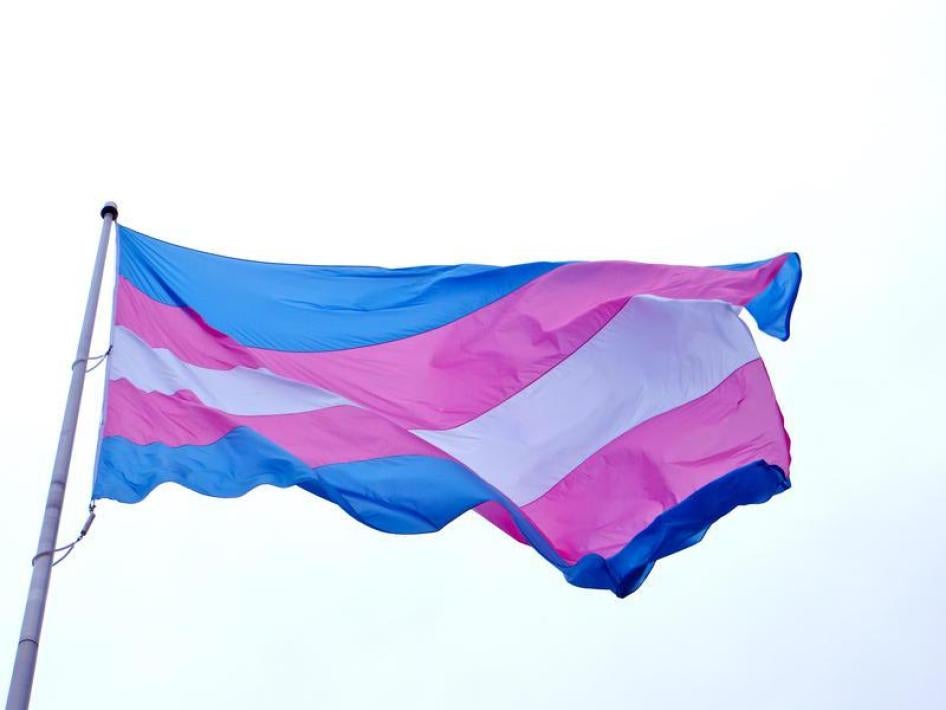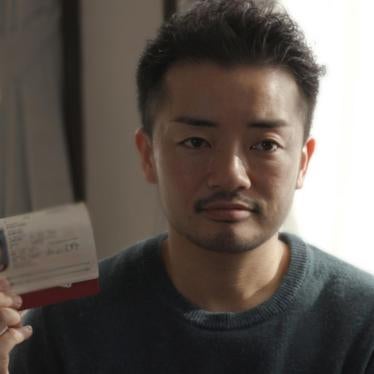Last week, a Japanese television program outed and mocked a transgender woman, exposing the harsh reality trans people face in Japan. But a society that often misunderstands and objectifies them is only the beginning – Japan’s legal system also treats trans people like second-class citizens.
The television program, billed for families, features a host conducting impromptu interviews with unassuming “strange” people. In last week’s episode, a host discussed a trans woman’s gender identity without her permission, referring to her as “unusual.” The company has apologized for the humiliating incident.
Apologies send an important public message, and signal progress made by lesbian, gay, bisexual, and transgender (LGBT) activists in shifting public discourse, but they only go so far. To combat social stigma, the Japanese government should reform its laws and put transgender people on equal footing with everyone else.
In Japan, transgender people who want to legally change their gender must appeal to a family court under the Gender Identify Disorder (GID) Act, introduced in 2004. The procedure is discriminatory, requiring applicants to be single and without children under age 20, to undergo a psychiatric evaluation to receive a diagnosis of “gender identity disorder,” and to be sterilized. This is regressive and harmful. The requirements rest on an outdated and pejorative notion that a transgender identity is a mental health condition, and compel transgender people to undergo lengthy, expensive, invasive, and irreversible medical procedures.
Human Rights Watch has interviewed dozens of people who do not want to undergo these procedures – they just want to be recognized before the law as equal citizens.
In January 2019, Japan’s Supreme Court upheld a lower court ruling that the sterilization requirement did not violate Japan’s constitution. However, two of the justices recognized the urgency of the situation and the need to reform the law. “The suffering that [transgender people] face in terms of gender is also of concern to society that is supposed to embrace diversity in gender identity,” they wrote.
United Nations experts and the World Professional Association for Transgender Health have both urged Japan to change its law and eliminate these discriminatory requirements.
Changing the law won’t prevent all acts of harassment or discrimination, but it would signal that the Japanese government stands for equal treatment of trans people.










